Search
Remove Ads
Advertisement
Summary 
Loading AI-generated summary based on World History Encyclopedia articles ...
Search Results
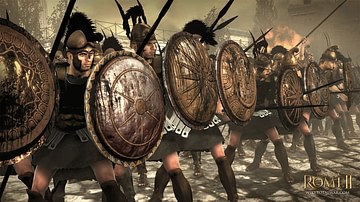
Definition
Battle of Chaeronea
The Battle of Chaeronea took place in 338 BCE on an early August morning outside the town of Chaeronea. Although for centuries the cities of Athens and Sparta dominated Greece, politically, militarily and economically, the Battle of Chaeronea...
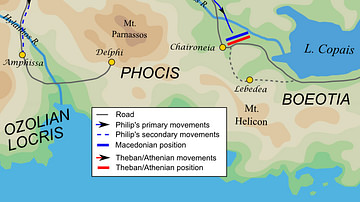
Article
The Battle of Chaeronea in Diodorus Siculus
Chaeronea is the site of the famous Battle of Chaeronea (338 BCE) Phillip II of Macedon's decisive defeat of the Greek city-states. At Chaeronea in Boeotia (north of Corinth) Phillip and his allies from Thessaly, Epirus, Aetolia, Northern...
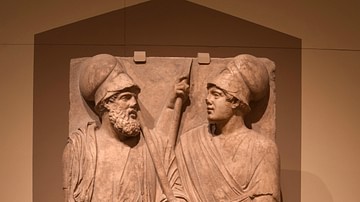
Definition
Sacred Band of Thebes
The Sacred Band of Thebes was an elite unit of the Theban army comprised of 150 gay male couples totaling 300 men. They were formed under the leadership of Gorgidas but first achieved fame under the general Pelopidas. They remained invincible...
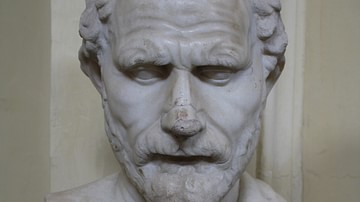
Definition
Demosthenes
Demosthenes (c. 384 - 322 BCE) was an Athenian statesman who famously stood against Macedonian king Philip II and whose surviving speeches have established him as one of the greatest patriots and powerful orators from ancient Greece. He is...
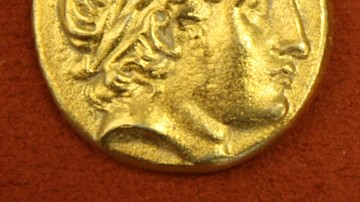
Definition
Macedon
Macedon was an ancient kingdom located in the north of the Greek peninsula first inhabited by the Mackednoi tribe who, according to Herodotus, were the first to call themselves 'Hellenes' (later applied to all Greeks) and who gave the land...
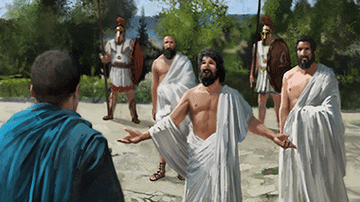
Definition
Phocion
Phocion (c. 402 – 318 BCE) was an Athenian statesman and military commander who, according to tradition, was made a general a staggering 45 times. A student of Plato and known as 'the Good', his political position was somewhat ambiguous...
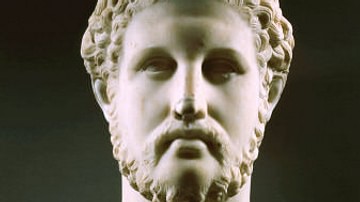
Definition
Philip II of Macedon
Although he is often only remembered for being the father of Alexander the Great, Philip II of Macedon (reigned 359 BCE - 336 BCE) was an accomplished king and military commander in his own right, setting the stage for his son's victory over...
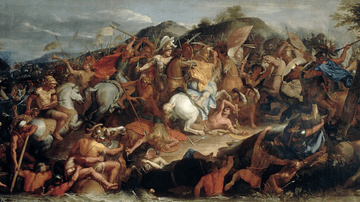
Definition
Battle of the Granicus
The Battle of the Granicus in May 334 BCE was Alexander the Great's (356-323 BCE) first major victory against the forces of the Achaemenid Empire. Alexander had crossed the Hellespont with his combined Macedonian and Greek forces and stepped...

Article
The Greek Phalanx
One of the most effective and enduring military formations in ancient warfare was that of the Greek phalanx. The age of the phalanx may be traced back to Sumeria in the 25th century BCE, through Egypt, and finally appearing in Greek literature...
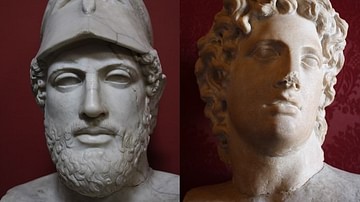
Definition
Plutarch
L. Mestrius Plutarchus, better known simply as Plutarch, was a Greek writer and philosopher who lived between c. 45-50 CE and c. 120-125 CE. A prodigious and hugely influential writer, he is now most famous for his biographical works in his...